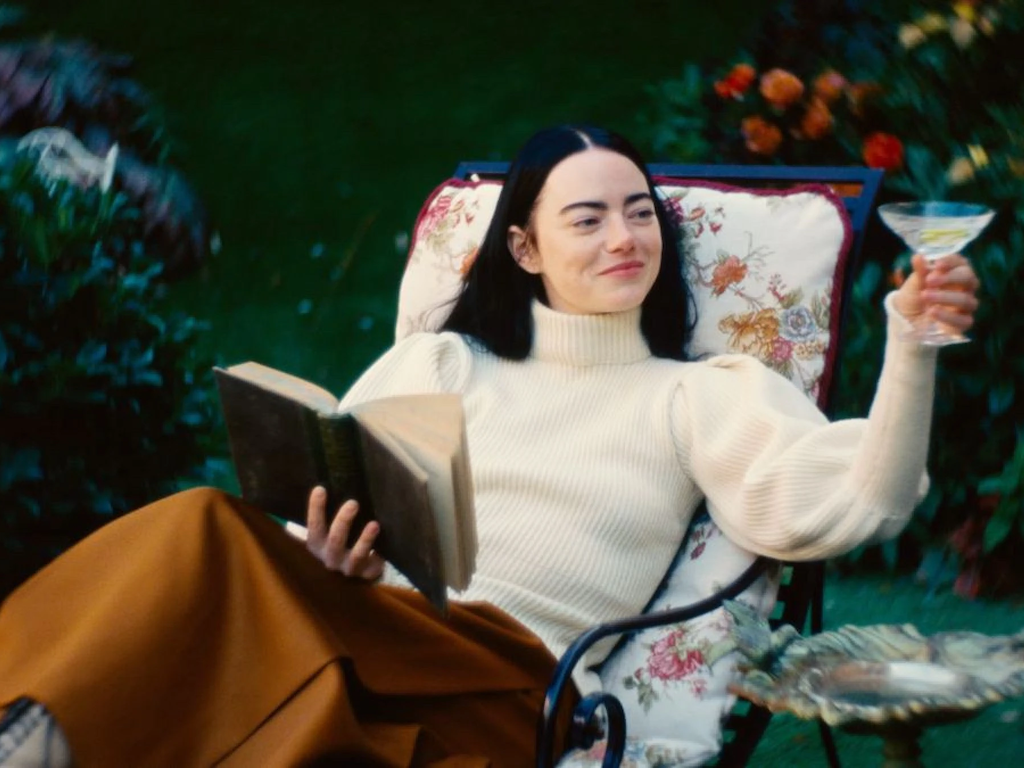Since I live in the Hudson Valley, I'm within 3 hours of many literary landmarks. The ones I care about most are in Massachusetts:
- Edith Wharton's house (The Mount)
- Emily Dickinson's house
- All the houses in Concord (mostly Louisa May Alcott's Orchard House)
- Herman Melville's house (Arrowhead)
This weekend, I'm finally taking a trip to Amherst and ticking Dickinson's house off the list. I will of course make a pit stop at the Montague Bookmill, but please let me know if there's anything else I should check out while I'm in the area.
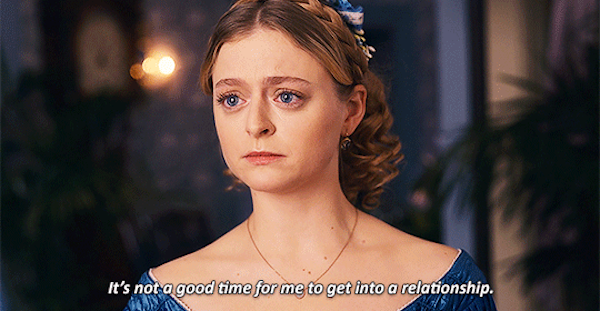
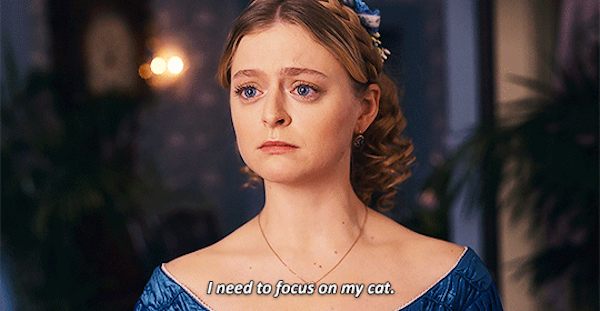
Maybe I'll run into a descendant of Tootsie, one of Lavinia Dickinson's cats.
Aside from the standard mix of genocide/fascism/heat wave, this week has been pretty solid because Zohran Mamdani won the NYC mayoral primary!!! This is exactly what the Democrats need, and those who think otherwise are way deep in my bogus bag and it's ziplocked shut. Good news is so rare these days that I'll be coasting on it for as long as possible. Anyone who tries to ruin my bliss is getting a swift punch to the scrote.
My favorite grad school professor, Deanna Kamiel, died 7 years ago in June, so I always think about her around this time. She was one of those people with the innate ability to make everyone feel special. When you talked to her, she gave you her full attention, really listening to what you had to say instead of mentally constructing a grocery list. She also had the best taste in books and movies, never once recommending a dud. In 2014, she told me to read "The Flamethrowers," thus kickstarting a mild obsession with Rachel Kushner (read my thoughts on "Creation Lake" here). I revisit this novel every couple of years to see if the magic is still there; thus far, it has not waned.
Is it a perfect novel? No. Like all of Kushner's work, it's overly ambitious in a way that some readers will find pretentious. On the surface, it's about a young artist called Reno (a nickname c/o her hometown) who moves to NYC in the 1970s with dreams of becoming something. Eventually, she falls in with a group of artists and begins dating one of them, a minimalist of the steel box variety named Sandro Valera. He's fourteen years her senior and comes from a wealthy Italian family that manufactures motorcycles. A simplified (and honestly, better) version of the novel would focus on Reno's character development, her relationships, the Lower East Side art scene, and class divides. Fortunately (or unfortunately, depending on your vibe), Kushner isn't content with simple. She complicates the structure by drawing parallels to the resurgence of neo-fascism in Italy, taking the reader on several side quests that are mostly delightful but don't exactly connect with the rest of the narrative.
Kushner does this shit in every novel and while it occasionally annoys me, I put up with it because I'm happy to see a writer taking chances, and I'm confident that she'll eventually tie all the disparate ideas together in a way that is satisfying. Plus, I love the way she weaves movies — "Wanda" (1970), "Jeanne Dielman" (1975), "Klute" (1971), "Model Shop" (1969), "Zabriskie Point" — into conversations and descriptions.
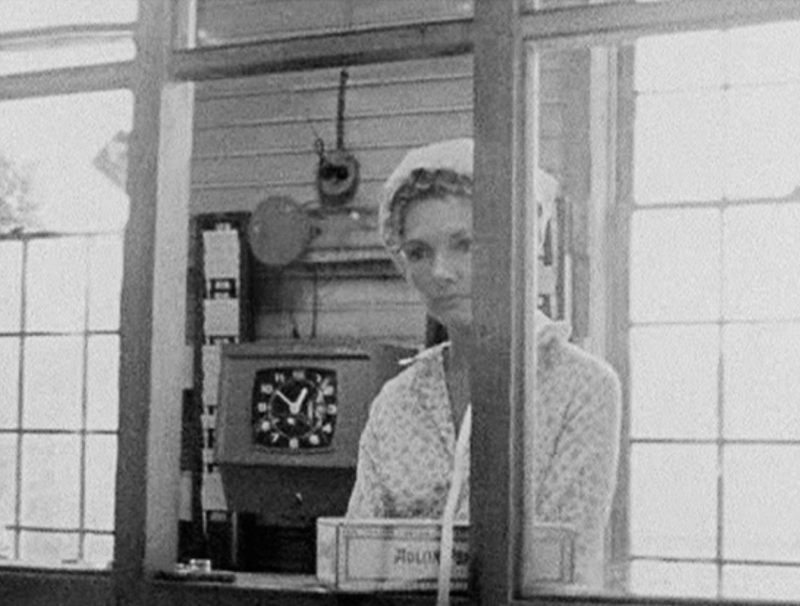
No one makes crime dramas like the Scandinavians. Americans often try, and fail, to capture the magic with remakes ("The Killing," the Millennium trilogy), but you're better off just watching the original. I missed "Bron/Broen" (AKA "The Bridge") when it first came out in 2011 and again when it got an American remake in 2013 with Diane Kruger. It was brought to my attention recently when I was trolling the "Twin Peaks" subreddit, looking for suggestions of something to watch with the same vibe. For all the Lynch fans out there, I'm happy to report that this show scratches the itch, both with the development of the core mystery/crime and the characters.
S1 starts out with a dead body on the Öresund Bridge, perfectly situated on the border of Denmark and Sweden. The case is assigned one detective from each country: Denmark's Martin Rohde (Kim Bodnia), an easygoing, empathetic man who makes some morally dubious decisions, and Sweden's Saga Norén (Sofia Helin), a woman oblivious to social niceties. Both characters are unusual for the genre, especially Saga. She's portrayed as high-functioning, rational, and great at her job, but often perceived as rude by other people because of her bluntness. As far as I've watched (through S1), the show never labels her as autistic, although she exhibits many hallmarks of the diagnosis.
What I enjoy most about Saga is that she's unabashedly herself. She never wants to hurt (or even annoy) other people, she just doesn't give a shit about impressing them. She's out there solving crimes in her Porsche 911 S with unwashed hair, only changing clothes when they start to smell, and bringing a new brand of cool as fuck to the genre. I haven't liked a detective character this much since Elliott Gould's Philip Marlowe, and I desperately hope the writers don't ruin her as the show progresses. If they make her get married and have kids, two things she couldn't be less interested in, I will RIOT.
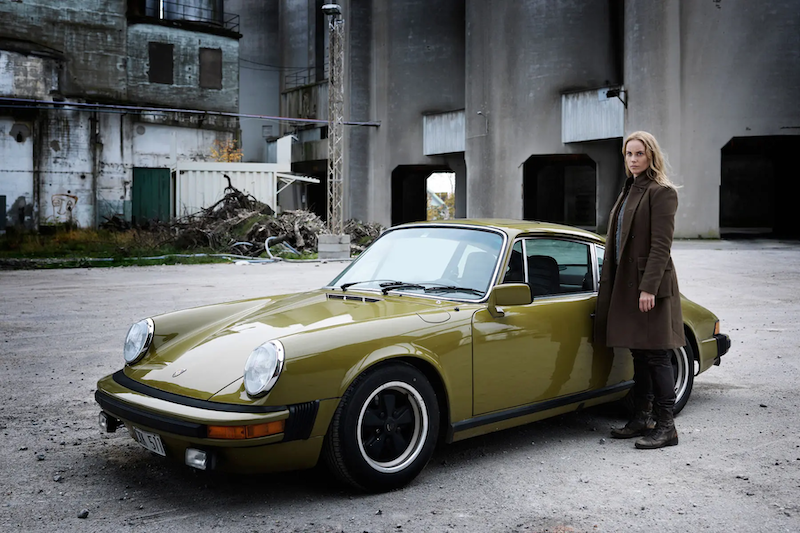
Deep depression trigger warning! Tove Ditlevsen is not for the faint of heart. It took me almost an entire year to read her collected memoirs, "The Copenhagen Trilogy," because it made me feel like I was drowning. "The Faces" is somehow less brutal even though it involves a woman's psychotic break and subsequent hospitalization. At only 130 pages, it's short enough to finish in one sitting, just be forewarned that it might make you feel weird for days.
Written in close third-person, the novel centers on Lise, a successful children's author, wife, and mother who becomes increasingly paranoid to the point where she can no longer distinguish reality from delusion. Anyone who has suffered from mental illness will appreciate Ditlevsen's keen understanding of the way a person's mind can imprison them. As intrusive thoughts morph into reality, Lise starts to embrace them, almost reaching a hopeful place before the bleakness engulfs her once again. Who would like this book? Fans of Sylvia Plath, Elena Ferrante, and Joan Didion. People who read Karl Ove Knausgård's "My Struggle" and said, "I wish this was harsher, blunter, and 90% shorter" should definitely read "The Copenhagen Trilogy." In this passage, Lise watches her maid Gitte (who she believes is conspiring against her) admire the bookshelves in her study:
Every day she sniffed at the books the same way a dog sniffs at trees and stones to find the smells that will prompt him to lift his leg. With self-assured instinct and exquisite economy Gitte greedily sucked in the juice and spat out the peels. Rilke, Proust, Joyce, Virginia Woolf — they were hers, and Gitte had no intention of letting them go again now that she had discovered what they were all about. She sipped at them fastidiously, let them slide over her tongue like a confident wine connoisseur, tore them out of context and drenched them with her shameless understanding.
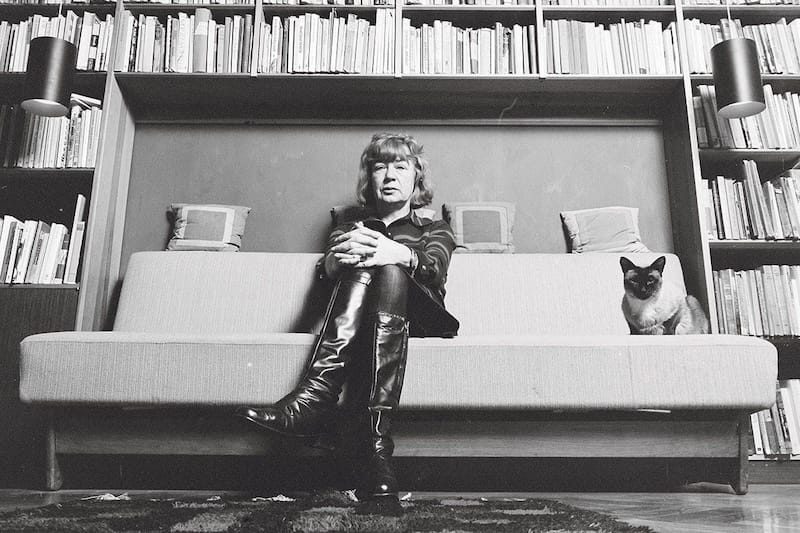
This is one of those movies that hits differently with each rewatch. When I first saw it in my mid-twenties, my interpretation was wildly different than it is now. Since this year marks the 10th anniversary of the film, Alex and I decided to chat about it on her podcast, attempting to decipher not only what makes it work so well, but why the story hits differently with age. For those who haven't seen it, "45 Years" is about Kate (Charlotte Rampling) and Geoff (Tom Courtenay), a wealthy childless couple celebrating their 45th wedding anniversary. As they plan a big, fancy party with friends and family, the dynamic falls into disarray after a secret from Geoff's past comes to light. It's one of those situations where new information makes Kate reconsider what she thought she knew about Geoff, their relationship, and herself. When I was younger, I read Geoff's omission as an unforgivable betrayal that would destroy everything they had built; as someone who has now been married for 7.5 years, I'm not so sure.
The film is based on a short story by David Constantine called "In Another Country," which you can listen to someone read here. This is one of those instances where I far prefer the adaptation to the original. Rampling and Courtenay are masterful actors who add so much nuance and dimension to the characters, and Haigh's direction is unparalleled. Despite the number of films that feature The Platters's "Smoke Gets in Your Eyes," this is the one I always think of whenever I hear that song.
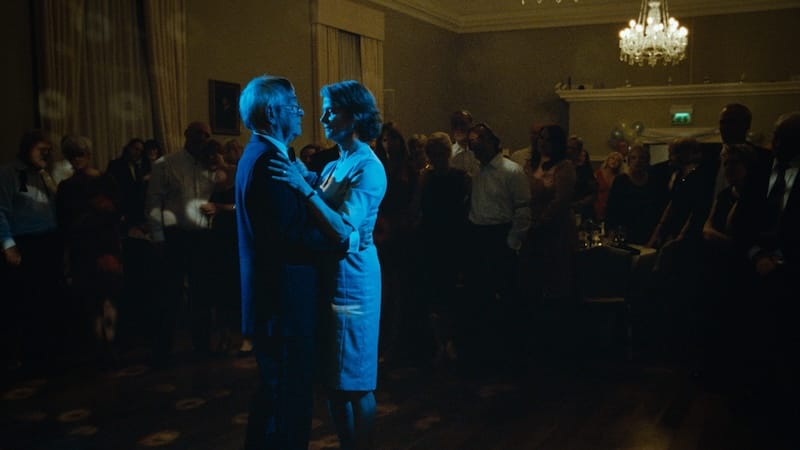
Watch if you like: Women of a certain age having existential crises, characters that subtly defy traditional gender norms, Mia Hansen-Løve's "Things to Come" (2016), people who suck at communicating.
Everyone on the internet has been talking about Candace Bushnell's essay in The Cut this week, and for good reason: it gives a glimpse into what "And Just Like That" could have been with someone competent at the helm. Bushnell knows her audience isn't interested in stories about children, fake woke idiocy, or anything involving Apples to Apples. People are fascinated by her because, like the OG Carrie Bradshaw, she's a keen observer with access to wealthy people and the willingness to frankly discuss their business for the benefit of us plebs. She's simultaneously an insider and an outsider in these circles. She's wealthy, but not in the generational sense, and her profession as a writer makes her a keen observer of human behavior. Money hasn't eradicated her ability to step back and say, "I'd rather go home and walk my dogs than look at your limp mushroom dick and giant balls" (not a direct quote).
This essay is gossipy, sad, self-reflective, and maybe kind of empowering. It raises questions about why women who aren't that interested in sex are still using it to get men, especially when they don't seem to actually enjoy being around those men. I couldn't help but wonder, after decades spent running after men, were these women simply addicted to the chase? Or maybe they're in search of societal approval. Bushnell writes,
I am perfectly happy being single. I own an apartment in the city and a house in Sag Harbor, both of which I paid for with the money I earned from my career, and somehow I feel busier with my work than I did 20 years ago. I have two wonderful standard poodles. Still, people always ask me if I’m seeing someone, and I always feel they’re disappointed when I say I’m not. “I don’t care!” I want to shout. “I’m not interested!” But the reality is that I often wonder if some part of me does care. I’m getting older, and I’m in the middle of figuring out what the rest of my life should look like. The only road maps I have are the classic Hamptons Grey Gardens trope or an older-people romantic comedy where divorcées find a “true love” with whom to live out their sunset years.
"AJLT" could be giving us that roadmap instead of forcing us to watch round three with Mr. Speedstick and his various personality disorders. Let Carrie die alone! She doesn't need this crusty-ass man and his idiotic popsicle stick jokes cramping her vibe.
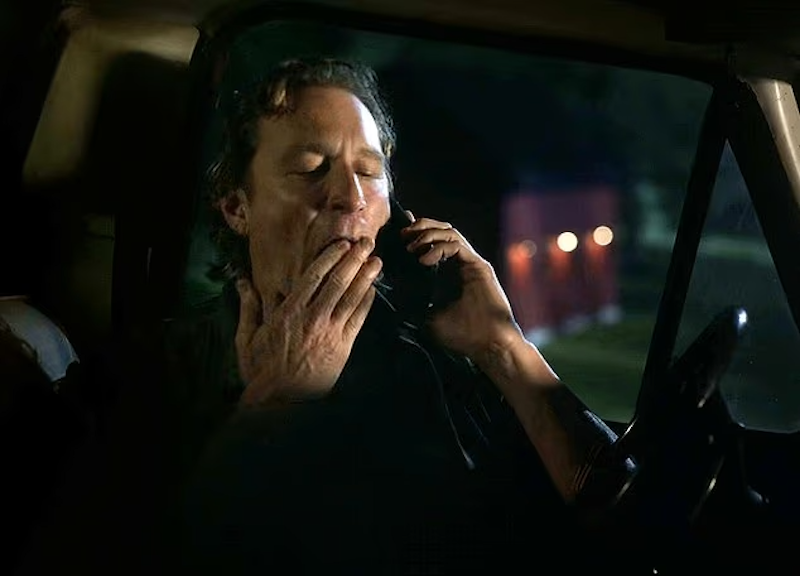
I know you might be wondering, "What's Shoe Bradshaw up to?" Well, first and foremost, she's thanking her lucky stars that Carrie failed to bring Wyatt Shaw into her home. She's annoyed that a) no one will let her go outside/eat rat poison and b) she's been forced into a mommy-and-me nameplate necklace moment. In retaliation, she's contemplating knocking a Diptyque candle onto the ground. Before she does it, she's sniffing to make sure it's Baies, Carrie's longtime favorite.
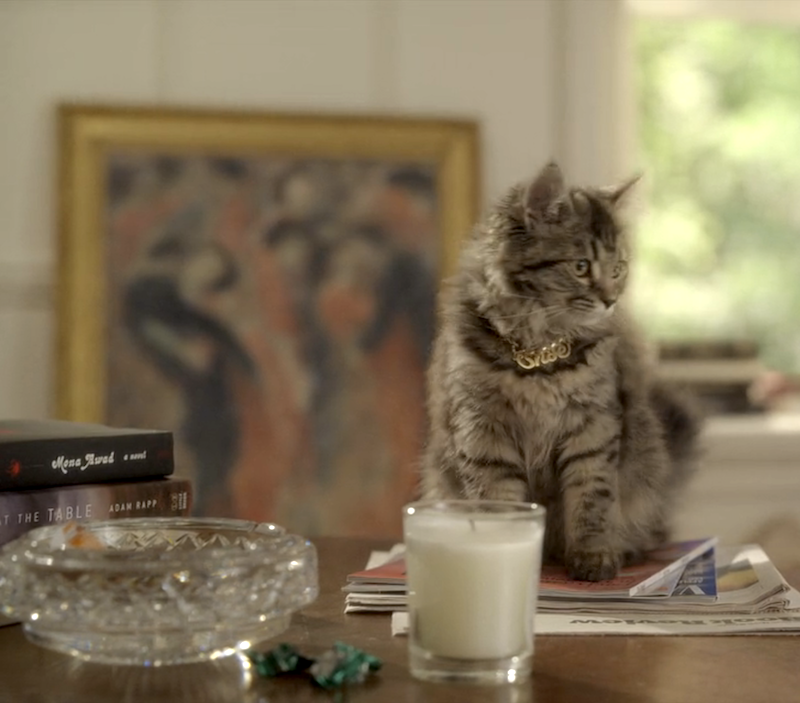
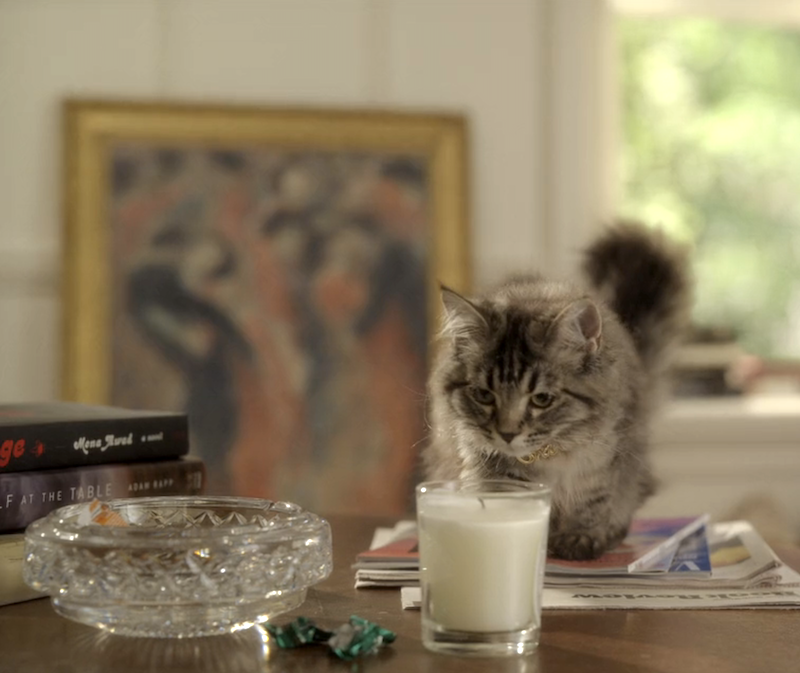
"What, you think I'm stupid? I'm not a part of your system."

